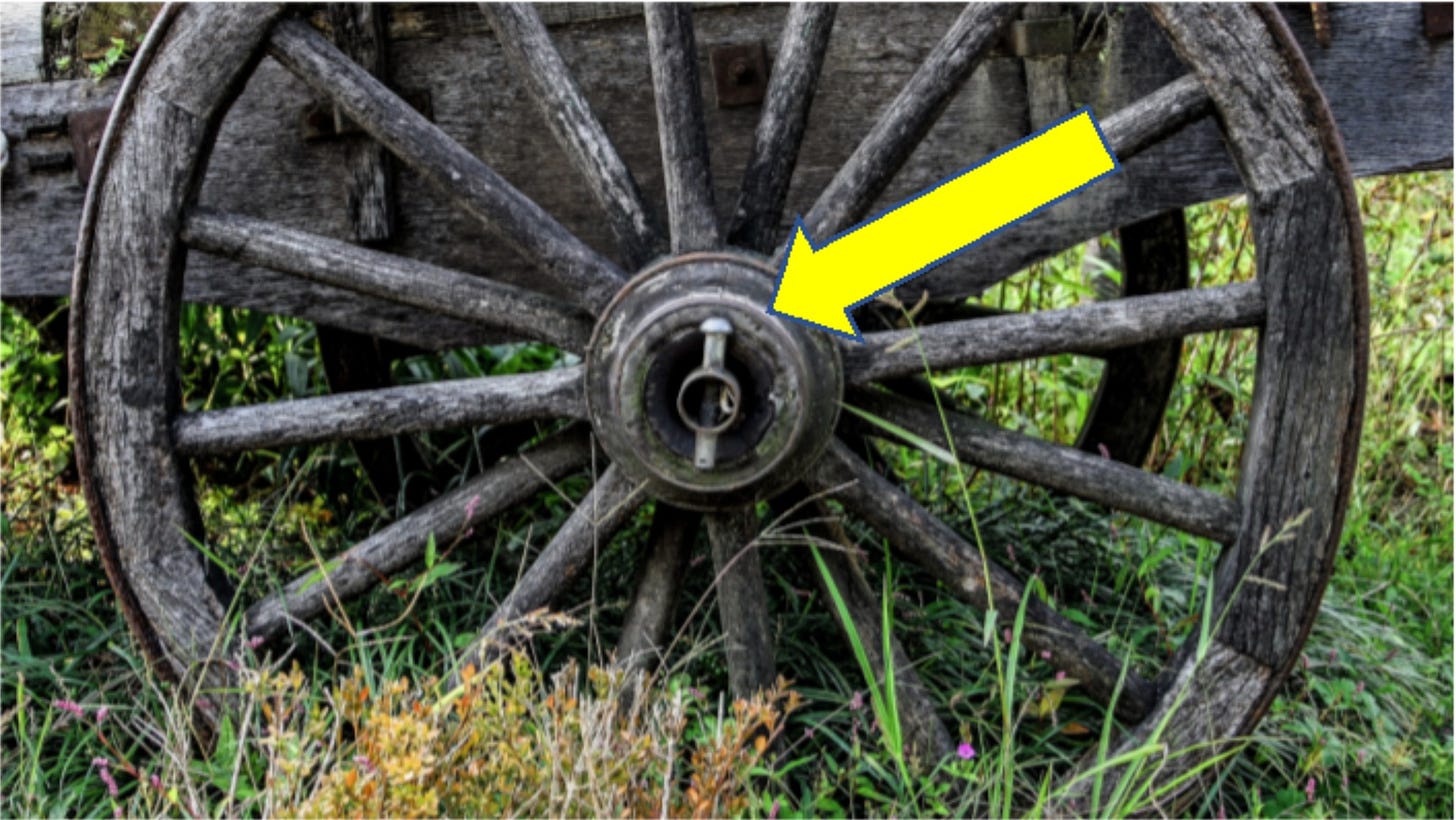‘For if the dead do not rise (from the dead), then Christ has not risen: and if Christ is not risen, your faith is futile; you are still in your sins!’ - I Corinthians 15:16-17.
Wade Burleson at Istoria Ministries recently posted about why ‘The Rapture Makes Zero Biblical Sense,’ and he answered the question, ‘Is There Anything Future in the Bible?’
These are excellent articles that touch on three significant and future biblical promises:
The bodily return of Jesus.
The general resurrection of the dead, and
The restoration of the earth with the reversal of its curse.
It is hard to overstate the importance of these three promises that form the foundation of our Christian hope.
When Jesus returns again in visible and bodily form, our bodies will be raised from the dead and transformed.
Not only so, but all of creation will be released from its own bondage to the curse of sin and restored to great glory – a new heavens and a new earth.
U…
Keep reading with a 7-day free trial
Subscribe to Wade Burleson at Istoria to keep reading this post and get 7 days of free access to the full post archives.





